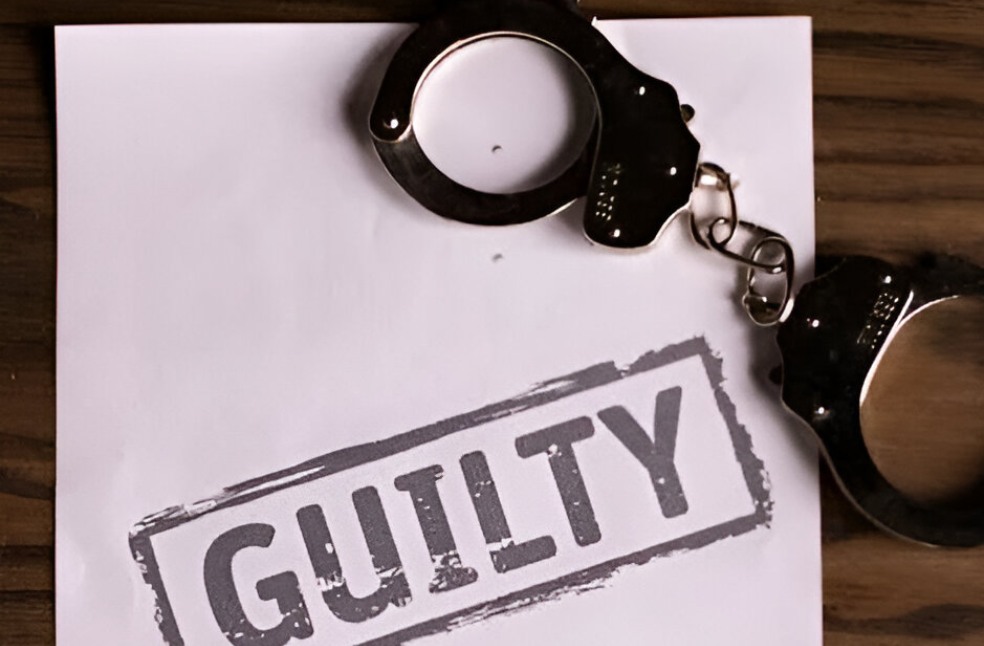Australia: Child offenders as young as 10 in Queensland will now face adult-level penalties for serious crimes under new laws passed by the state parliament. The legislation, labelled “adult crime, adult time,” includes mandatory life detention for murder with a non-parole period of 20 years and more strenuous penalties for 12 other offences, such as serious assault and break-ins.
The government says the reforms respond to public outrage over youth crime, with Premier David Crisafulli claiming the laws prioritise victims’ rights over offenders. David Crisafulli stated that, “These laws are for every Queenslander who has ever felt unsafe and been a victim of youth crime.”
However, critics argue the changes violate human rights and international law. Australia’s commissioner for children, Anne Hollonds, labelled the reforms an “international embarrassment,” warning they target the most vulnerable children and could lead to higher rates of reoffending.
Research also rejects claims of a youth crime wave. Data from the Australian Bureau of Statistics and the Queensland Police Service shows youth crime in the state has halved over 14 years, with 2022 marking its lowest recorded rate. The United Nations has criticised the laws for violating international conventions on children’s rights. Legal experts warn the changes could extend court processes, as children may be less likely to plead guilty.

Queensland’s new Attorney-General Deb Frecklington acknowledged the laws conflict with international standards and disproportionately affect Indigenous children. She also noted that existing detention centers are over capacity, meaning more children may end up in police cells.
Despite these concerns, the government remains committed to expanding detention facilities and addressing the issue over the long term. However, many experts argue that focusing on rehabilitation rather than harsher punishments would yield better outcomes for both communities and young offenders.



